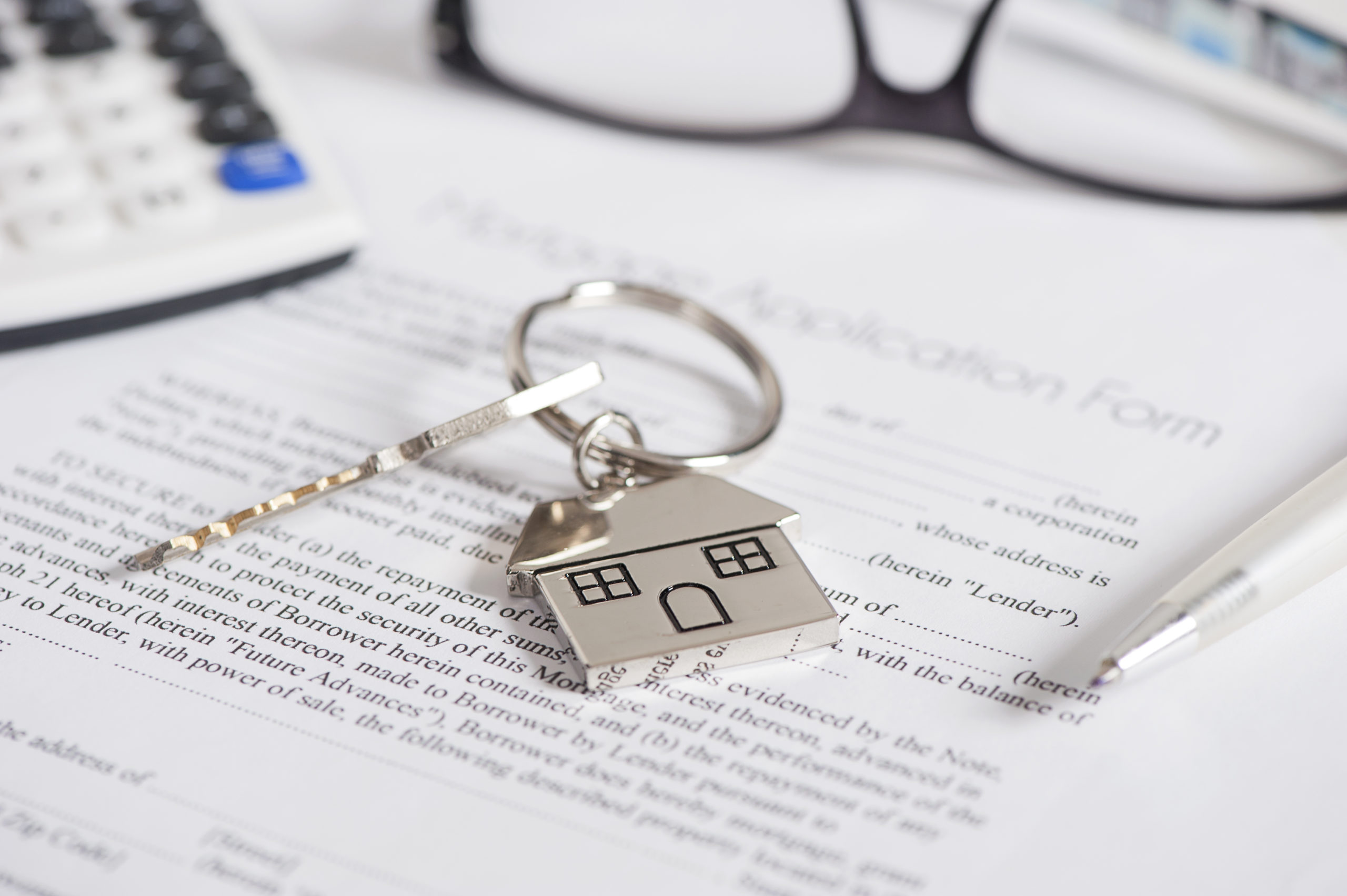Glossary of Common Mortgage Terms
Adjustable-Rate Mortgage (ARM) — A loan that recalculates the interest rate. After the ARM fixed-rate period ends, the interest rate mortgage moves up and down based on the index it is tied to. The index is an interest rate set by market forces and published by a neutral party. There are many indexes, and the loan paperwork identifies which index a particular adjustable-rate mortgage follows.
Annual Percentage Rate (APR) — The yearly cost of credit over the life of a loan. Typically includes interest, service charges, points, loan fees, mortgage insurance, and various other mortgage items.
Closing — The process of transferring funds to pay for a property, paying fees and closing costs, and the signing of documents that transfer the deed for a property from a seller to a buyer.
Closing Costs — Charges incurred and due for obtaining a mortgage loan and transferring real estate title.
Closing Date — The date set by all parties to finalize the transfer of property and to be referenced within the mortgage contract for legality.
Conventional Mortgage — Type of loan that is not insured by a government agency (such as FHA or VA).
Convertibility — The ability to change a loan from an adjustable-rate schedule to a fixed rate schedule.
Default — A breach of a mortgage contract. Usually from not making mortgage payments for a certain period.
Escrow — The handling of funds or documents by a third party on behalf of the buyer or seller.
Federal Housing Administration (FHA) — A federal government agency that insures mortgages for financial backers.
Fixed-Rate Mortgage — A mortgage with an interest rate that remains constant over the life of the loan.
Funding Fee — A one-time fee applied to VA mortgages paid by qualified service members or surviving spouses.
Mortgage — A loan with a contract for the buyer to agree to repay principal and interest to the financial institution funding the sale, with the property used as collateral while payments are repaid in installments over a specified period.
Principal — The full amount borrowed in a loan that excludes interest and other charges.
Private Mortgage Insurance (PMI) — A type of mortgage insurance for conventional loans usually required for loans with smaller down payments (less than 20%).
Refinance — To finance (something) again, typically with a new loan at a lower rate of interest.
Settlement — See closing.
Title — A deed or certificate legally confirming the ownership of property. During a mortgage, the financial intuition that funded the purchase money will legally own the property and hold the title until the buyer has met all mortgage financial requirements.
Veterans Administration (VA) — A federal government agency for active or honorably discharged veterans and surviving spouses that offers mortgages with reduced or waived down payments and/or mortgage insurance, but a funding fee may be applied.

